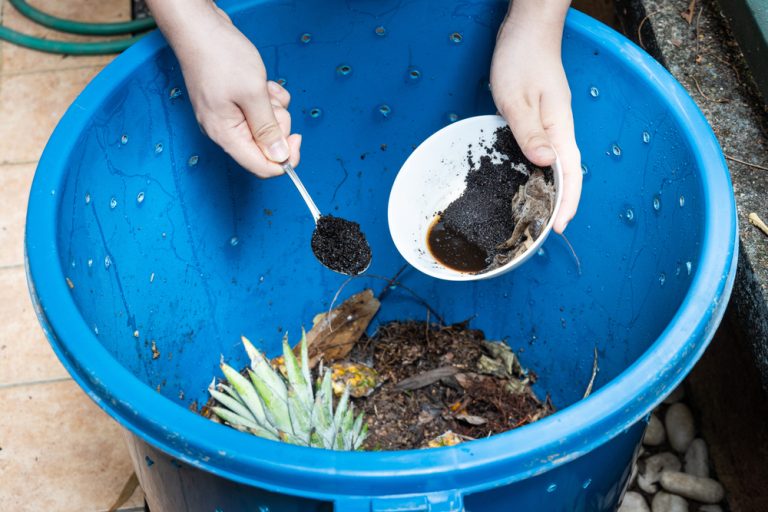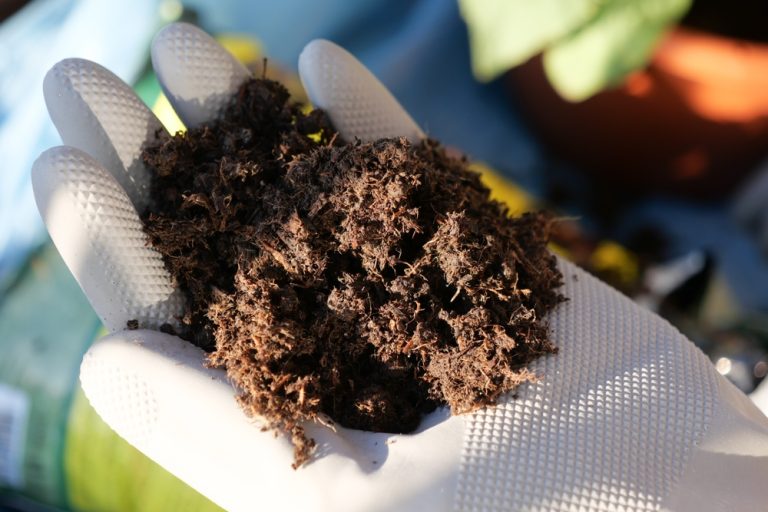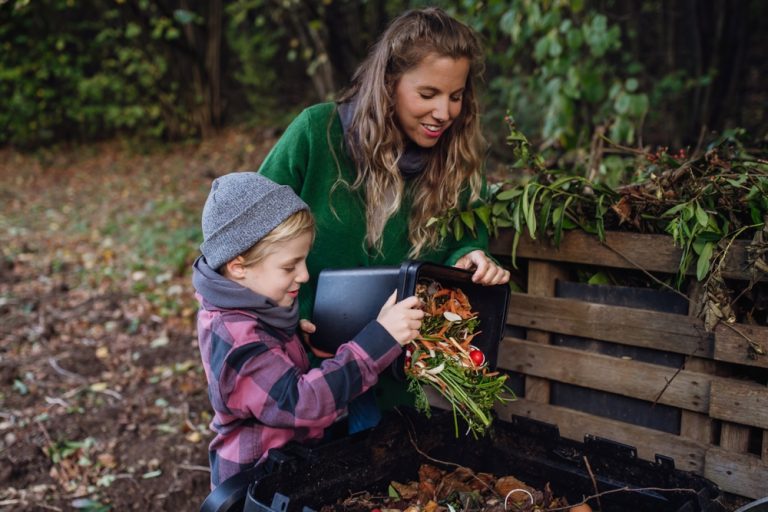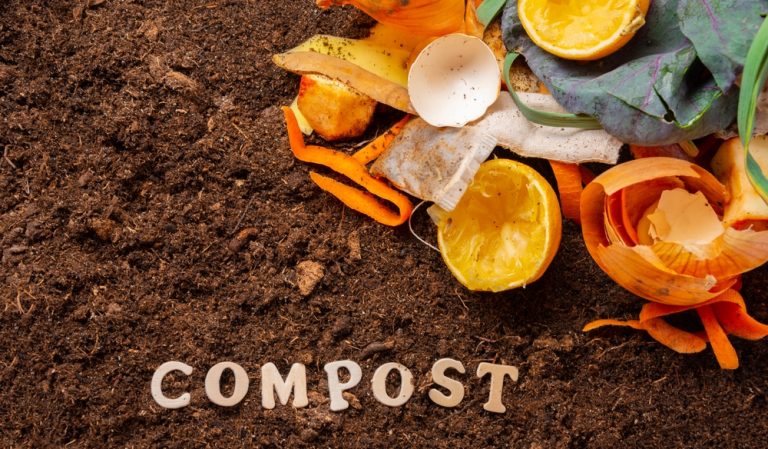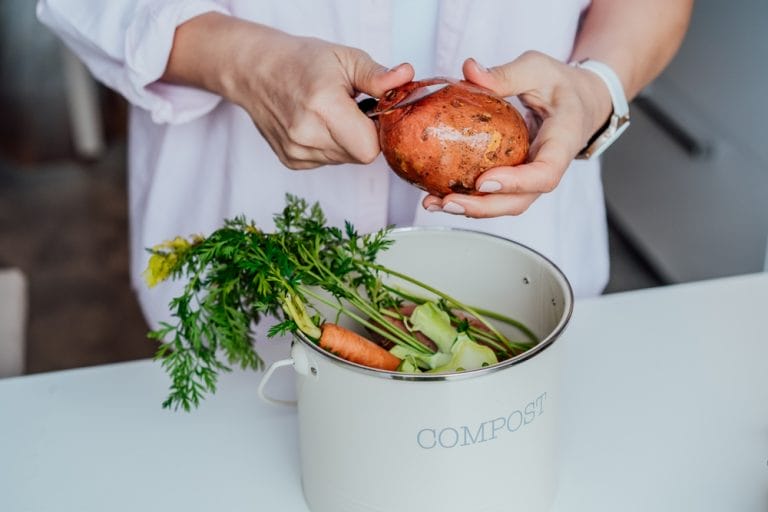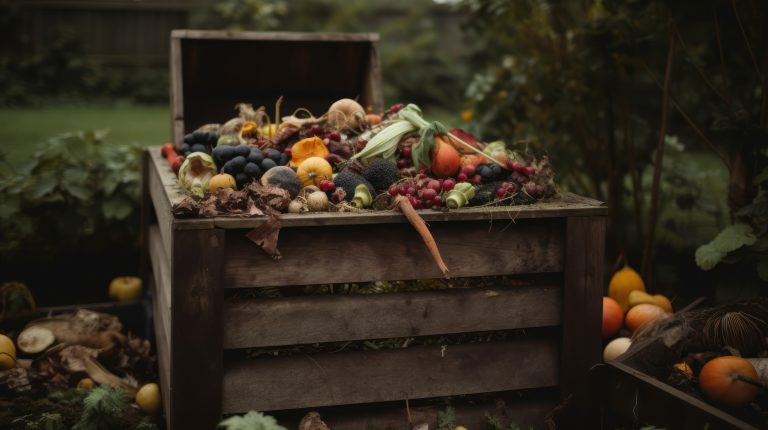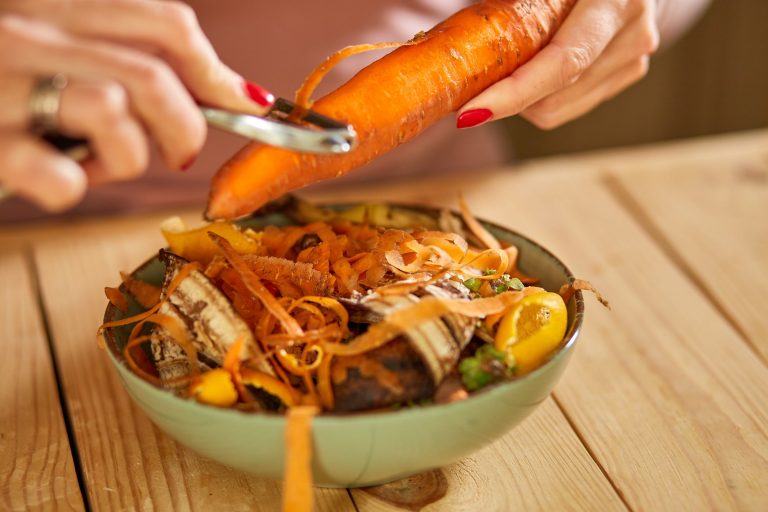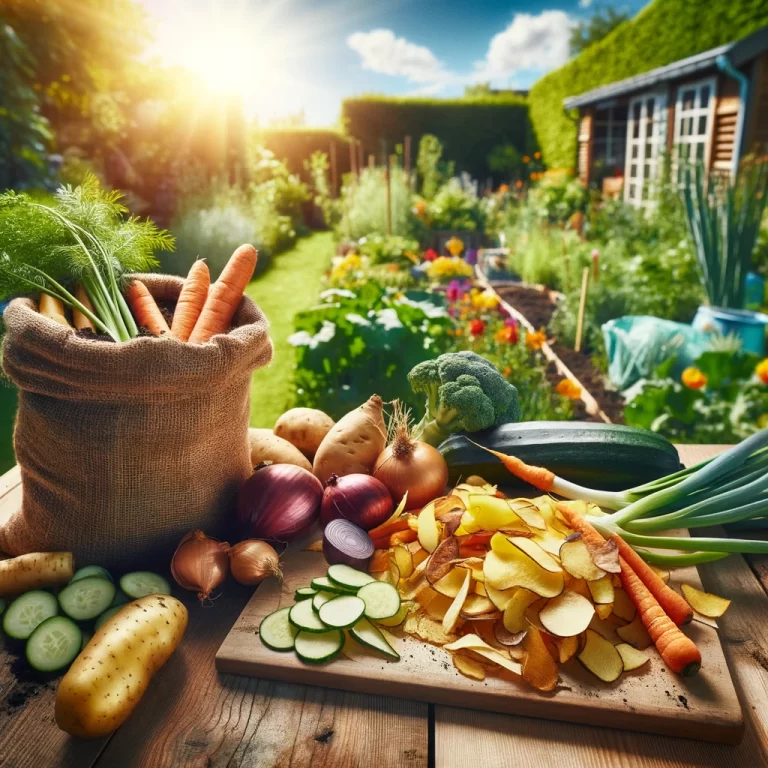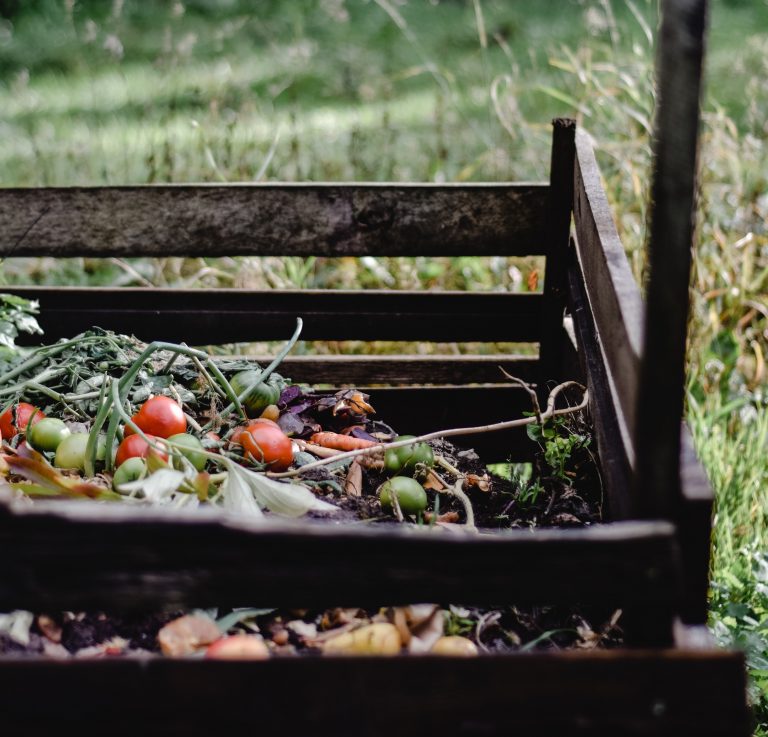Winter composting can feel like watching paint dry, except the paint is frozen and the “dry” part is literal. Cold slows microbes, your pile shrinks less, and kitchen scraps seem to sit there forever. The trick isn’t buying fancy accelerators—it’s feeding the biology and fixing the pile’s basic comfort needs. With the right mix of…
kitchen scraps
7 Things You Should Never Compost in Winter—Even If You Do in Summer
Winter composting can feel like a free pass to toss anything into the pile and “let it sort itself out later.” The problem is that cold slows decomposition, which means the wrong scraps don’t break down—they just sit there and create pests, smells, and springtime headaches. If you want finished compost sooner (and less mess),…
10 Foods You Can Compost in Winter Without Making a Smell
Winter composting gets an unfair reputation. People imagine frozen heaps, mysterious odors, and raccoons throwing midnight parties. In reality, cold-weather composting can be clean, calm, and oddly satisfying when you know what you’re doing. While microbes slow down in winter, the right food scraps behave beautifully, breaking down quietly without turning your backyard into a…
Is Composting at Home Still the Cheapest Soil Option?
Gardening budgets are under attack, and soil is right on the front lines. Bagged mixes keep getting pricier, social media swears composting is the ultimate money hack, and every banana peel suddenly feels like a financial decision. Home composting sounds delightfully rebellious: turn trash into treasure, save cash, and flex your eco-cred all at once….
6 Kitchen Scraps That Enrich Soil Best in Autumn
Autumn is the season when nature starts composting all on its own—leaves tumble, branches dry out, and the soil basically throws a “Let’s Get Rich” party underground. While most people are sipping pumpkin lattes and pulling out sweaters, gardeners know this is prime time to boost soil health. And guess what? Some of the best…
7 Natural Fertilizers Found in Your Fall Kitchen
Fertilizer is important all year long. But there are many ingredients you can find in your home, right now. Before you reach for store-bought fertilizer, take a peek inside your own kitchen—you might be sitting on a goldmine of natural plant food. Fall isn’t just about pumpkin spice and cozy sweaters; it’s also prime time…
Why Fall Is the Best Season to Start a Compost Pile
Crisp air, crunchy leaves, and pumpkin spice everything—fall is officially here. But while most people are busy decorating their porches with gourds, there’s another fall activity that deserves a spot on your to-do list: starting a compost pile. That’s right, autumn is secretly the superhero season for turning kitchen scraps and yard waste into black…
How to Create an Endless Food Supply from Your Kitchen Waste
Did you know that growing food from kitchen scraps is incredibly easy and practically effortless? With just a little water, sunlight, and patience, you can regrow everything right in your own kitchen! Here’s how to get started. 1. Regrow Green Onions for an Endless Harvest Green onions are one of the easiest vegetables to regrow…
Baby Boomers Rejoice! Discover How to Create a Lush Garden with Just Your Kitchen Scraps!
In an era where sustainability meets creativity, baby boomers are leading the charge in crafting lush, vibrant gardens from what many might consider waste. Kitchen scraps, often overlooked, are proving to be a goldmine for gardening enthusiasts. This guide will walk you through transforming your everyday kitchen scraps into a flourishing garden, making it not…
10 Household Items That Can Be Composted (and 5 That Can’t)
Composting household items is the most efficient way to create nutrient gold for your garden. If you can use up what you have on hand, you can save money and reduce the amount of waste you create. So what can you toss into the compost bin? Here are ten household items you can compost….
